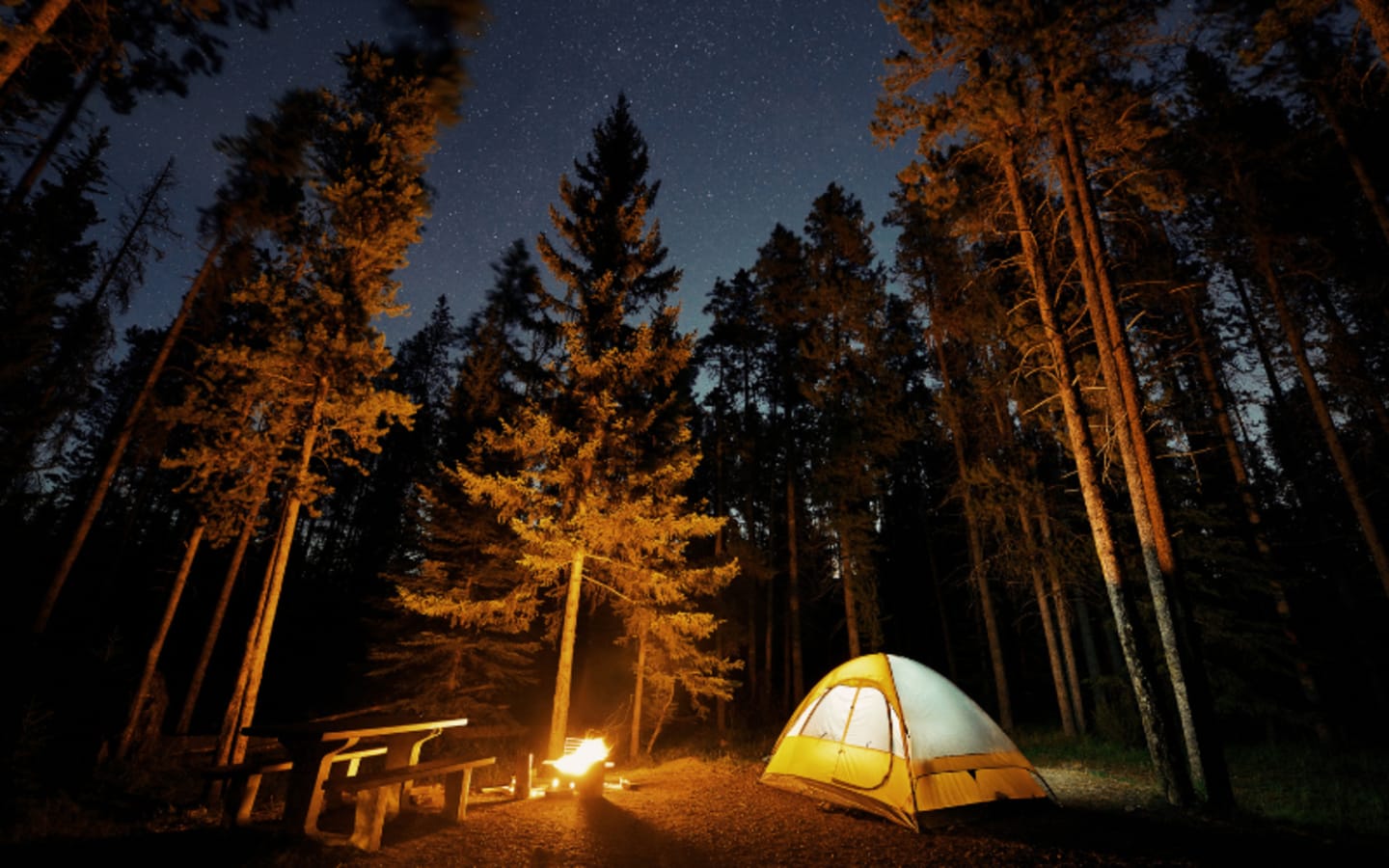Camping alone is the bomb for unplugging and soaking up nature, but it ain’t no joke—you gotta be smart to stay safe. Whether you’re a seasoned camper or a newbie itching to try solo adventuring, these practical tips will keep you secure while you’re out in the wild. From prepping your gear to handling unexpected critters, here’s how to camp solo without getting into a pickle.
Plan Like Your Life Depends on It
Before you hit the trail, plan your trip like you’re mapping out a treasure hunt. Pick a spot that’s not too remote for your first solo gig—somewhere with cell service or a ranger station nearby. Tell a buddy or family member exactly where you’re going and when you’ll be back. I learned this the hard way when I went camping in the Smoky Mountains a couple years back. Didn’t tell nobody my plans, and when my phone died, I was sweating bullets thinking I’d be stuck out there with no one knowing where to look. Share a map, your campsite details, and even a rough itinerary. Better safe than sorry, ya know?
Pack Smart, Not Heavy
Your gear is your lifeline, so don’t skimp. Bring a solid tent, a warm sleeping bag, and a first-aid kit that’s got more than just Band-Aids. A multi-tool, flashlight, and extra batteries are must-haves. Don’t forget a whistle—sounds old-school, but it’s louder than yelling if you need help. Pack enough food and water for an extra day, just in case. Pro tip: stash your food in a bear bag or canister and hang it high. Last thing you want is a furry visitor sniffing around your tent at 2 a.m.
Know Your Surroundings
Get the lay of the land before you set up camp. Check for hazards like dead trees that could fall or spots prone to flooding. If you’re in bear country, learn how to spot signs of wildlife, like tracks or scat. Apps like AllTrails or Gaia GPS can help you stay on track, but don’t rely on tech alone—bring a paper map and compass. Also, scope out the weather forecast. Getting caught in a storm with no plan is a rookie move.
Stay Chill Around Wildlife
Speaking of critters, wildlife encounters are part of the solo camping vibe, but you don’t want them getting too cozy. Keep your campsite clean—no food scraps or trash lying around. If you’re in an area with bears, carry bear spray and know how to use it. Make noise while hiking to avoid surprising animals. Clapping, singing, or even talking to yourself works. Yeah, you might feel like a goof, but it beats startling a moose.
Trust Your Gut
Your instincts are your best buddy when you’re alone. If something feels off—like a sketchy trail or a weird noise at night—don’t ignore it. Set up camp before dark so you’re not fumbling around in the shadows. If you’re feeling spooked, a small fire (where allowed) can make things feel less creepy. Also, keep your phone off to save battery, but check it now and then if you’ve got signal.
Emergency Prep is Key
Hope for the best, plan for the worst. Carry a personal locator beacon (PLB) or satellite communicator like a Garmin inReach if you’re going way off-grid. These can call for help even without cell service. Learn basic first-aid skills, like how to treat cuts or sprains. If you’ve got a medical condition, make sure your emergency contact knows about it. And don’t be a hero—know when to bail if things go south.
Keep Your Campfire in Check
A campfire is awesome for warmth and vibes, but it can turn into a nightmare if you’re not careful. Only build fires in designated areas and keep ‘em small. Never leave it unattended, and drown it with water before you crash for the night. A stray spark can ruin your trip faster than you can say “s’mores.”
Stay Connected (Kinda)
Solo camping is about disconnecting, but don’t go full hermit. A charged phone with a portable power bank can be a lifesaver. If you’re in a dead zone, a PLB or satellite device is worth the investment. Check in with your emergency contact when you can, especially when you’re back in civilization. It’s a small step that gives everyone peace of mind.
Wrap-Up
Camping alone is a dope way to recharge and test your skills, but it’s not about being reckless. Plan ahead, pack smart, and trust your instincts. With these tips, you’ll be ready to tackle the wilderness without ending up in a horror movie. So grab your gear, hit the trail, and enjoy the solitude—just don’t forget to tell someone where you’re at!





